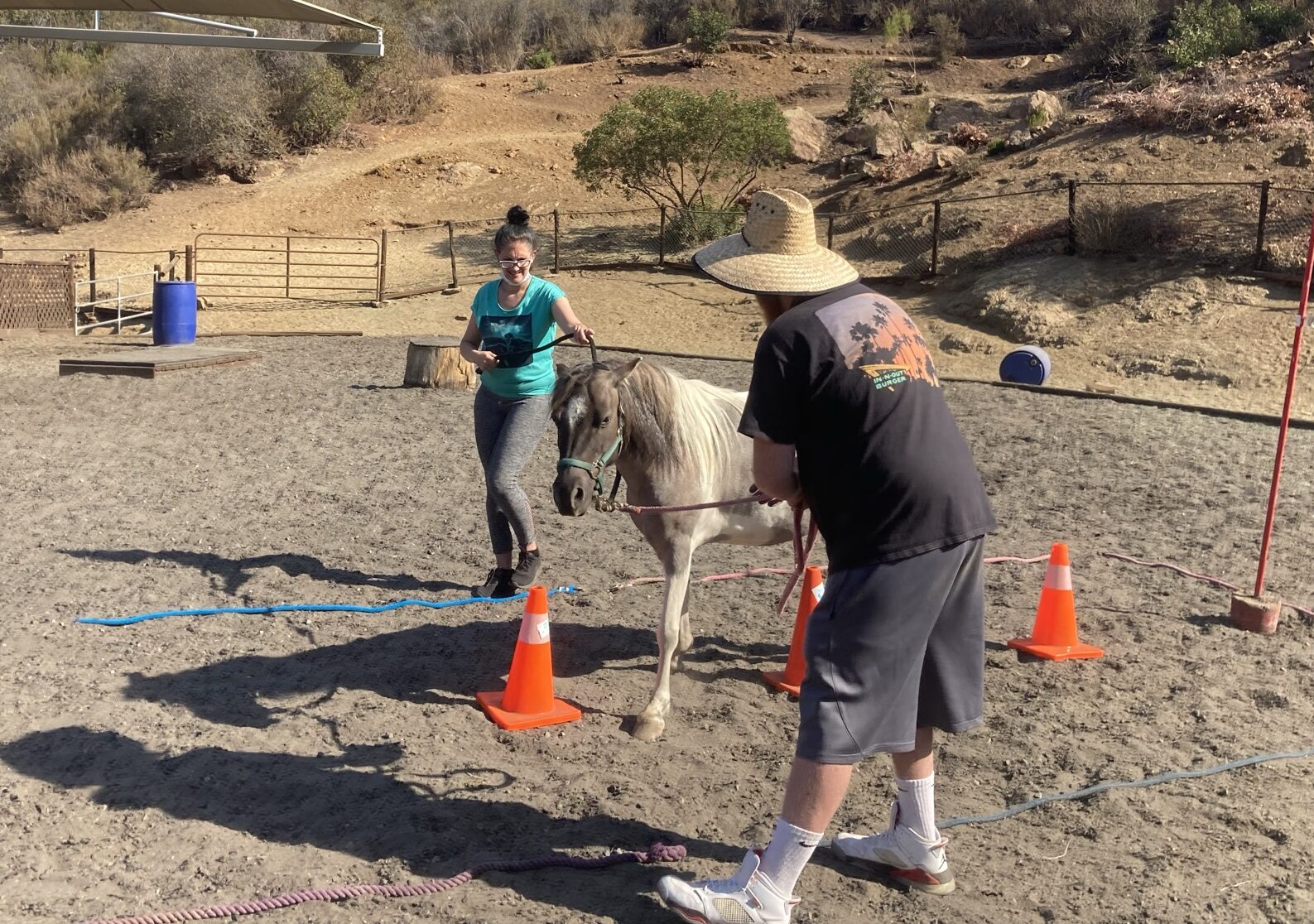
Time is a topic that evokes emotion for many of us! Usually, in the form of asking “where did the time go?” or the stress of feeling the need to always make the best use of time. So often we are in a hurry, trying to pack as much as possible into the day that we can end up feeling like we are running behind. How often is this feeling of lack of time self imposed? Are we setting unrealistic expectations for the time we have? Or perhaps it’s something we rarely think about, yet still feel pushed or pulled by the passing of time. The human relationship with time can be complex, indeed.
Making peace with the passage of time can be extremely helpful in learning how to navigate it. We love to fight it, but if we learn to accept that time does indeed pass no matter what we do, we can shift our focus and energy to get a better handle on HOW we’d like to experience this passage of time. A big part of navigating time is about pace — finding the pace that is right for you. When we come back into balance with our natural internal rhythms, the struggle we feel when time appears to be moving too quickly can dissipate. It is usually not really the passage of time itself that is the issue, but often the pace that we feel the need to keep up with as time goes by – a choice that is usually made based on external influences and not from our own inner wisdom.
So how do we learn to bring balance back to our relationship with time? Read on for a few suggestions to help you make peace with time and live your internal rhythm.

6 Tips for living on your own time:
#1 – Check in with yourself. Number one rule is you must check in with yourself to know how you are doing. How are you feeling? Are you feeling rushed? Uncomfortable? Look for physical and emotional cues that signal if you are honoring your internal pace or going against it. Sometimes these are obvious – stress, tension, elevated heart rate, anxiety, panic. Other times it can be more subtle, something bubbling underneath the surface. Once you know where you are, follow your inner impulse to slow down or to get moving. If you feel rushed, slow down, drop some things off of your to-do list. Take a moment for a few breaths to gather yourself and assess if a change needs to be made. Feeling disconnected, sluggish or unmotivated, take some action, get into an activity, physical or mental, to get yourself moving again.

#2 – Be present. Something that can really confuse and complicate our relationship with time is not being present. Living too far in the future, trying to plan too far ahead in too much detail, or worrying about and trying to predict or control the future can make us lose sight of the time that we have now. We can get off track and forget to take action in the present. Dwelling on the past, regretting “mistakes”, longing for past moments or wanting to go backwards for whatever reason, also keeps us from taking action and living in the present. When focusing on the past or the future instead of being present, you actually have no power. Being present brings you back into alignment with time in this moment and back into your power.
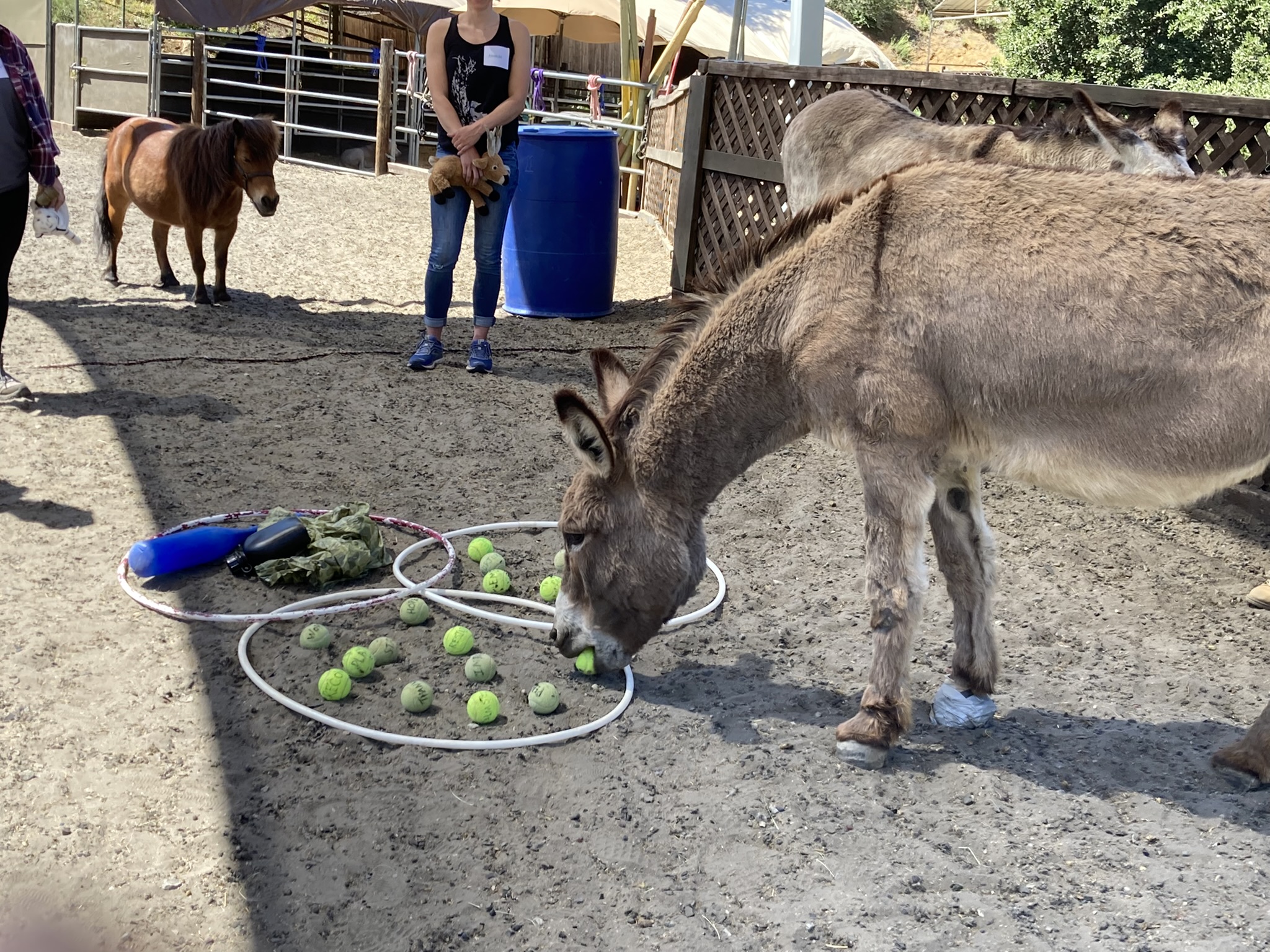
#3 – Be aware of your choices. Are you aware that you have a choice about what to do with your time? We forget to pay attention, to be aware and mindful of the choices that we are making. Often, it feels like we don’t have a choice because we are on autopilot and we just do, as opposed to choose. Taking the time to remember that we can choose and to make a thoughtful choice often leads to time more satisfyingly spent (amazing how that works out). When we make choices to act, when we are mindful and present, we have the sense that we are using our time rather than it just going by. It is less important how you choose than THAT you choose. Whether it’s to tackle item #1 on your to-do list or to spend 10 minutes doing absolutely nothing, both are valuable — the choice is yours.
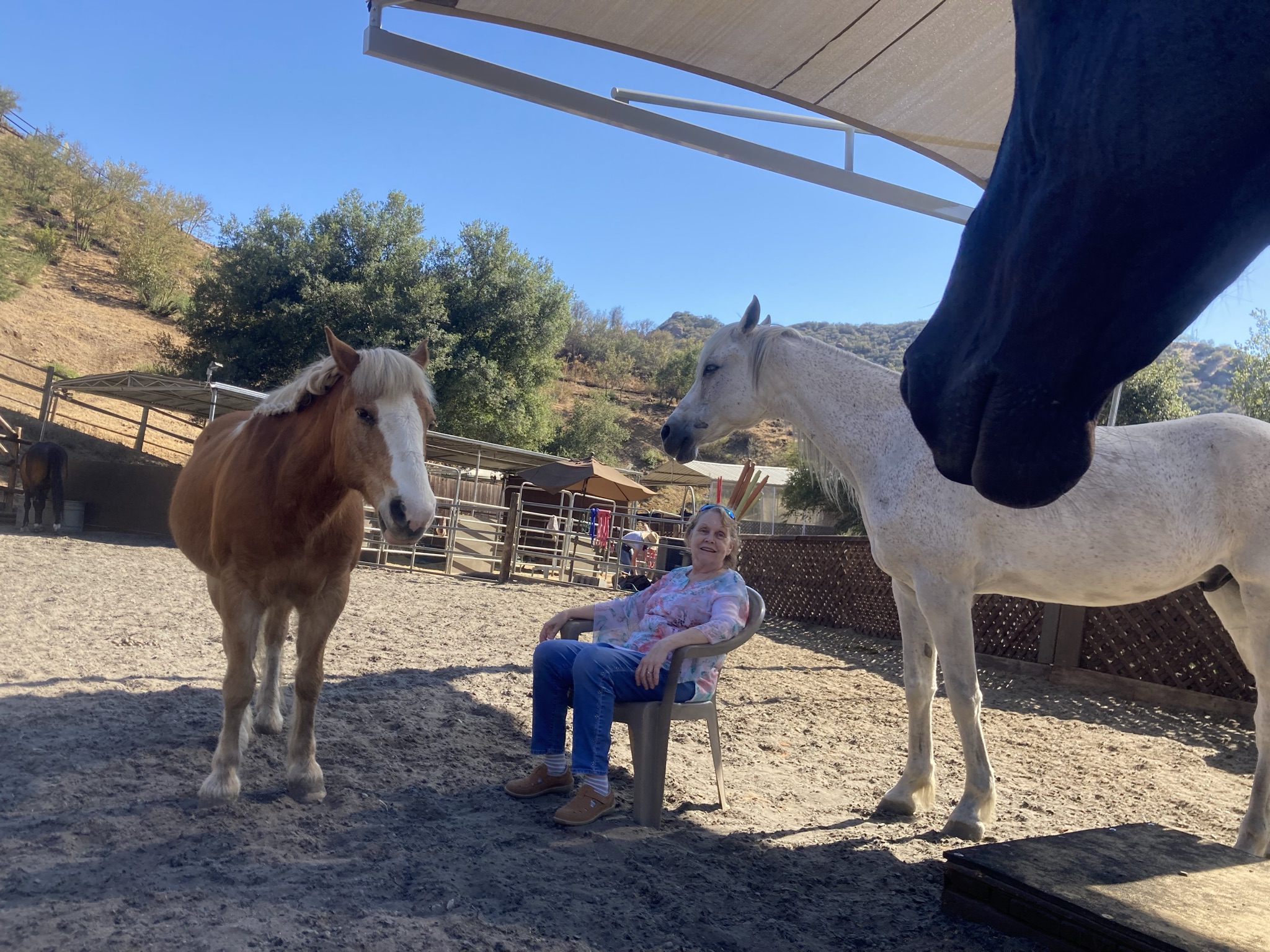
#4 – Put your needs first. You know how the flight attendants ask you to put your own airmask on before putting masks on others. This applies here, too. It is important that you take your time. If you are trying to force yourself to go at a pace that isn’t right for you in order to meet the needs of others you probably won’t be very successful in meeting those needs. And your basic needs are extremely important, too! Just as important as the needs of others. Living at your own pace is a basic need. Give yourself the time you need, especially when dealing with difficult emotional or physical challenges. The world can wait while you take the stone from your shoe.
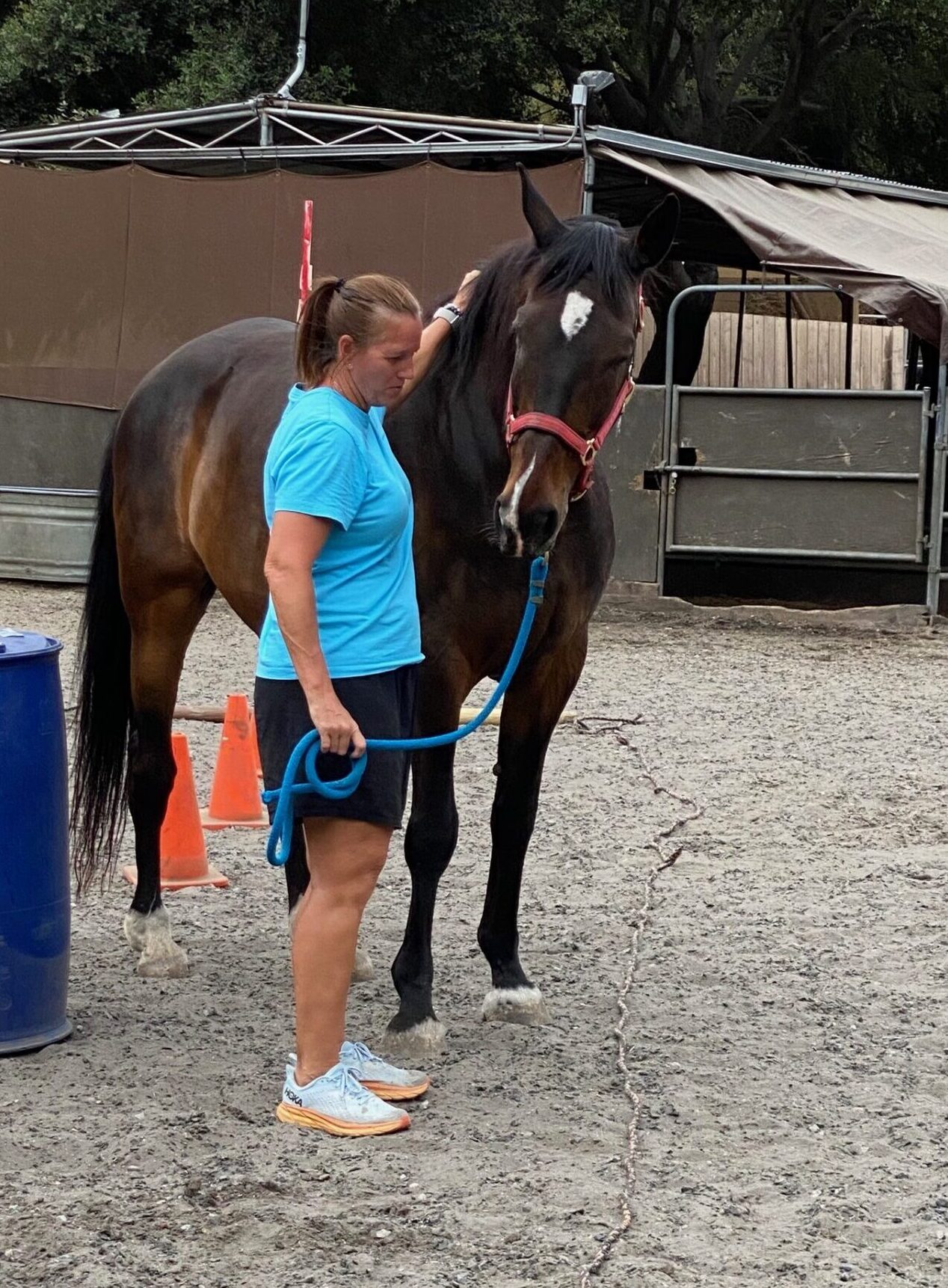
#5 – Respect and communicate with others. Why does time even exist anyway? Why did we decide to start keeping track of things the way that we do? Well, there are a few reasons but one of them is largely for the sake of connection and communication with others. Time is a kind of agreement. It’s a way of being able to understand each other, to know how to meet one another in physical space. We are here together and although we have agreed that the numbers on the clock are measured and set, we don’t all always have the same internal pace! In fact, we usually don’t.
This is why it is incredibly important to communicate your needs when it comes to time and pace. If you need more time, be sure to let others know so that they can do their best to give it to you. Rather than trying to match the pace of someone else and either failing to do so or causing yourself discomfort, communicate your needs so that you don’t end up wasting their time as they wait for you. If you feel like others aren’t moving fast enough for your pace, it’s important to recognize and respect the pace of others. See if there’s a way that you can shift your energy to be used elsewhere rather than being impatient or pushing others.
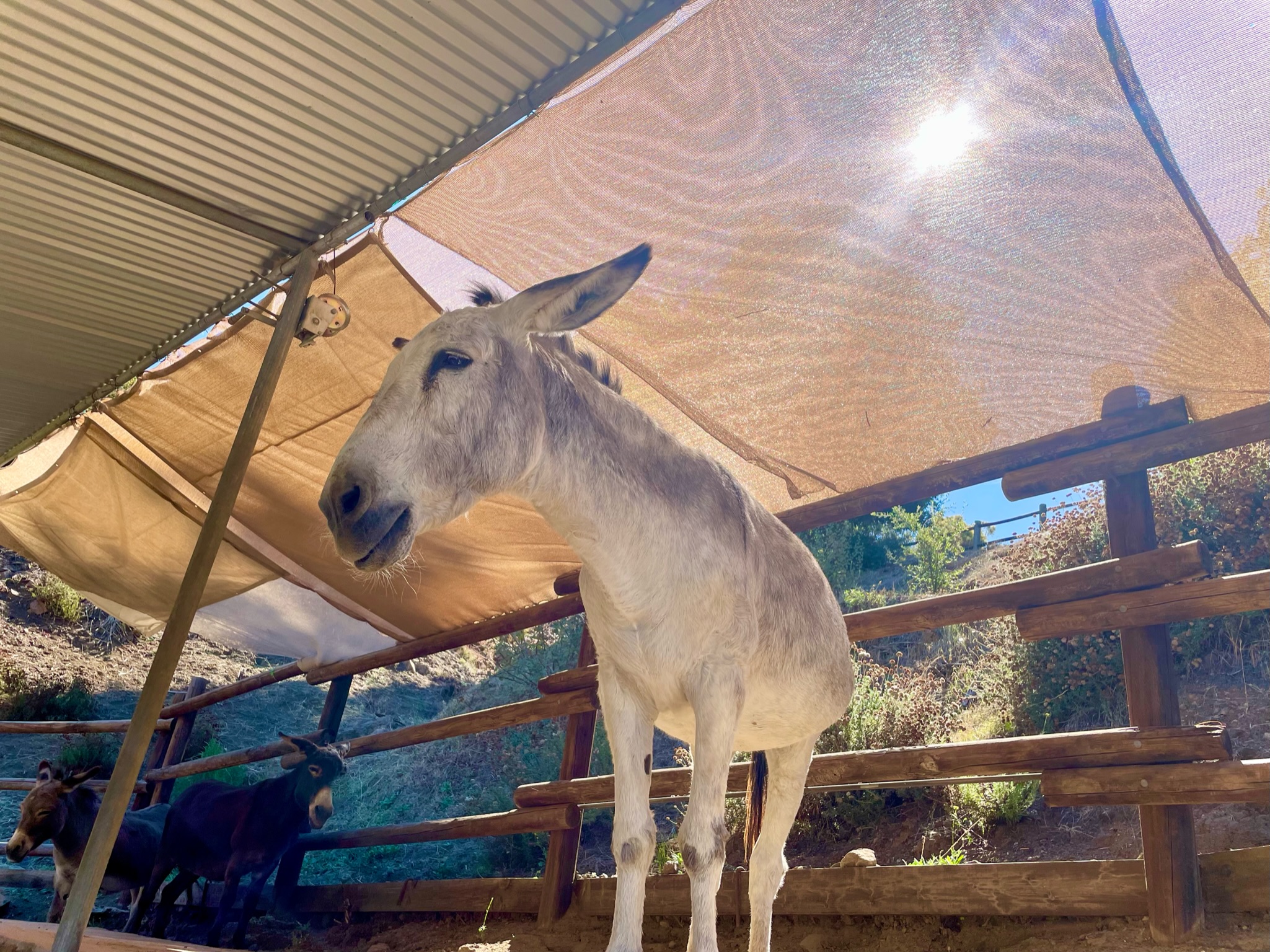
#6 – Be open to change. Like the passage of time, change is also inevitable. Just as we aren’t meant to stay stuck frozen in time, we aren’t meant to always stay the same either. We are meant to shift, to grow and flow. Our internal rhythms also change. Often! Sometimes it’s different throughout the day or throughout the year during the different seasons. There are so many factors that can influence and inform our internal rhythms. This is why we must keep checking in with our-self, our natural pace doesn’t always stay constant. We can also learn to shift our pace over time. Like any learned skill, practice or lifestyle you can begin to move towards the direction you’d like to shift – whether that’s slowing down to take more time or picking up the pace a bit. With gentle concentration, focus and effort you can change. But be sure to take your time doing it.
